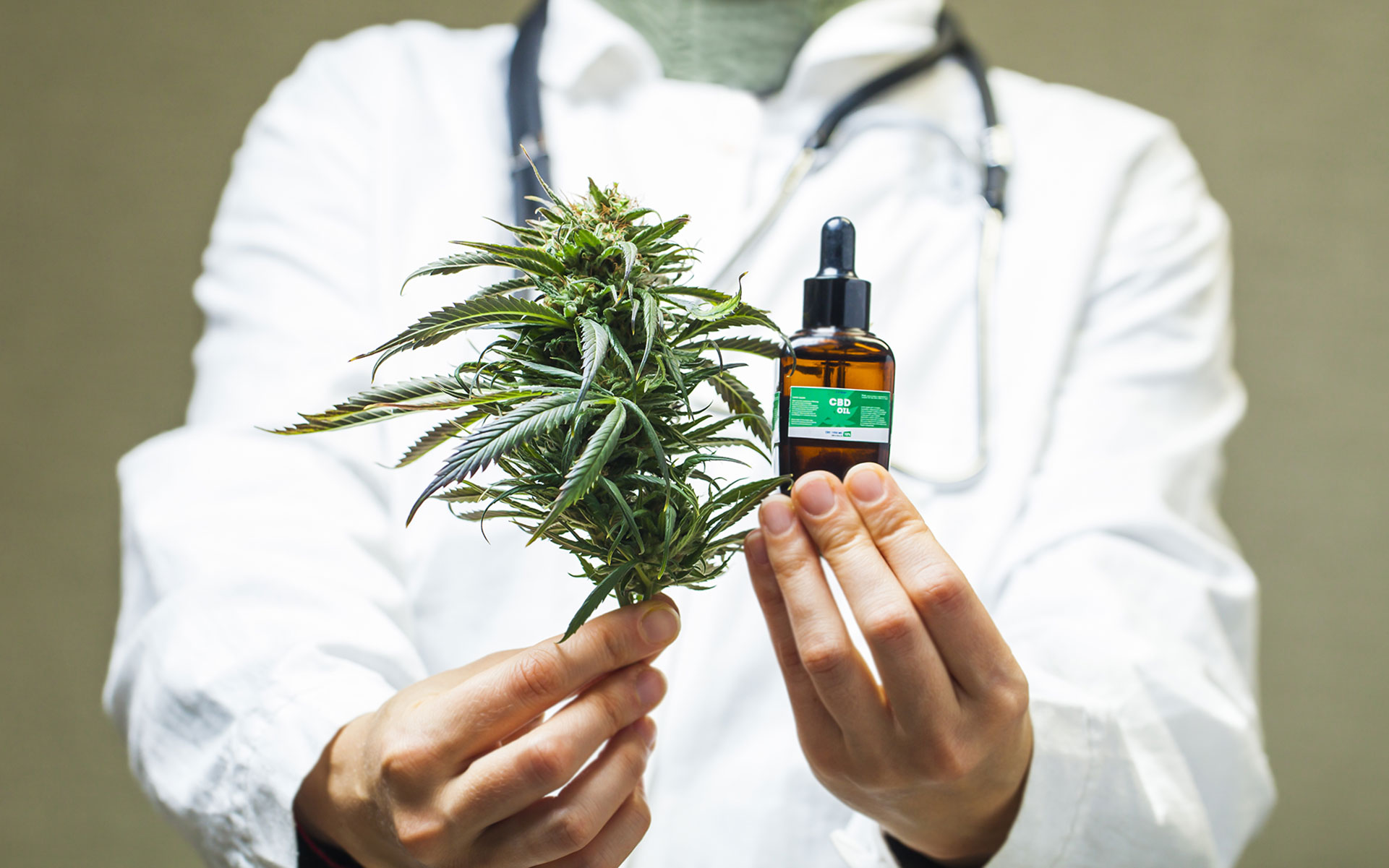One of the most controversial topics in health and wellness today is the use of cannabis. From the growing acceptance of medical marijuana to the emergence of CBD products. Cannabis is becoming more widely used. But how exactly does cannabis affect us as we age?
As we age, our bodies go through many changes. Our lifestyle and how we take care of our bodies can make a big difference in how we experience those changes.
Does it have any benefits or risks? In this article, we’ll explore the potential effects of cannabis on our bodies as we age, from the psychological to the physical.
By understanding the impact of cannabis on aging, we can make more informed decisions about our health and wellness.
The Effects of Cannabis on Mental Health
As we age, we may notice more changes in our mental health, such as feelings of anxiety, stress, or depression. We may also experience changes in our cognition, or ability to process information.
Cannabis has been used for centuries as a way to relieve symptoms of mental health conditions. Research shows that cannabinoids found in cannabis may have anti-anxiety and anti-depressant effects.
These effects may be helpful for patients experiencing symptoms of mental health conditions in older age. As well as, cannabis use can affect managing symptoms of anxiety and depression as we age.
These symptoms often go hand in hand with chronic pain, which is common as we age. Cannabis can help with pain, which can, in turn, help reduce anxiety and depression.
These effects may also be helpful for managing symptoms of mental health conditions that accompany dementia and other cognitive decline.

The Effects of Cannabis on Physical Health
There are many ways cannabis can be used to benefit your physical health. Cannabis has shown promise in treating or managing chronic pain, which is very common in older adults.
If you are managing a chronic condition and are experiencing pain, cannabis may be an effective way to relieve that pain. Cannabis can also be helpful in reducing symptoms of anxiety and depression that often accompany chronic pain.
There is some evidence that cannabis may be helpful in treating other medical conditions as well, including certain types of autoimmune disorders and certain types of cancers. However, there is not enough evidence to support the use of cannabis for these conditions.
As cannabis is becoming more widely accepted, research is also increasing to better understand potential benefits and risks of cannabis. So far, studies have shown that marijuana use can have an impact on the physical health of your body.
However, more research is needed to determine the extent of the impact and how it may vary from person to person.
The Effects of Cannabis on Cognitive Performance
As we age, we may experience changes in cognition. These changes can be a normal part of aging, or they can be caused by certain medical conditions. Studies have shown that cannabinoids found in cannabis can have an impact on cognition.
Recent research has found that cannabis can affect a person’s ability to process information, their ability to learn, and their ability to retain information. This can help manage symptoms of certain medical conditions.
However, it’s important to note that cannabis may also hurt cognition. This effect may be more common in young adults, but it may also occur in older adults who use cannabis.
More research is needed to better understand how cannabis may affect cognition, especially as we age.
Cannabis and Medical Conditions Common in Elderly Patients
As we age, medical conditions may arise. It’s common for older adults to be diagnosed with chronic pain, anxiety, and depression. There is also a chance that one or more of these conditions may be accompanied by cognitive decline.
It’s important to make sure that you are managing your medical conditions. Cannabis can affect your prescription drugs and medications.
There is evidence that cannabinoids found in cannabis may be helpful in managing certain medical conditions. Chronic pain, anxiety, depression, and certain types of cognitive decline have been studied.
Research shows that cannabis may help manage medical conditions. However, it’s important to note that not all medical conditions have been studied and many studies have limitations. There is not enough evidence to support the use of cannabis for all medical conditions.
Safety Considerations When Using Cannabis
As cannabis becomes more widely accepted, it’s important to understand the potential benefits and risks of using this substance. Studies have shown that cannabis can have many benefits, but it also has some potential risks.
There is still a lot we don’t know about how cannabis affects the body. As a result, we don’t know how these effects may vary from person to person. This means that the effects of cannabis on one person may differ from the effects on another person.
It’s also important to note that cannabis may be used in many different forms, such as edibles, tinctures, or oils, or vaporized cannabis. The effects of cannabis may differ depending on the person’s age, and on the person’s health condition.
Further research is needed to better understand the effects of cannabis, including how these effects may vary depending on the person.

The Benefits of Cannabis for Elderly Patients
As we age, it’s important to make sure we are taking care of our bodies and minds. We may be diagnosed with a medical condition and may be prescribed medication to help manage it.
It’s important to take these medications as prescribed and to make sure they are not negatively affecting our bodies or our ability to function. There is increasing evidence that cannabis may help manage certain medical conditions.
However, there is not enough evidence to support the use of cannabis for all medical conditions. It’s important to make sure that cannabis, or any other substance, is not negatively impacting your health. With any drug, including cannabis, there are benefits and risks.
It’s important to consider how these substances may affect your body and how you feel.
Understanding the Potential Risks of Cannabis on Aging
As we age, our bodies go through many changes. These changes can be normal, or they can be caused by specific medical conditions. Our bodies become less able to fight off diseases and infections. As we age, cannabis can help an affect that.
This is partly due to changes in our immune systems as we age. As a result, we may be at a higher risk of experiencing negative side effects from cannabis. It’s important to make sure that you are managing your medical conditions and taking care of your body.
If a medical condition is not properly managed, it may lead to complications, negative effects on your quality of life, or even death. There are many potential benefits to using cannabis, but there are also some potential risks.
It’s important to make sure that you are managing these potential risks. This can help you make sure that cannabis is not negatively impacting your health.
How to Talk to Your Doctor About Using Cannabis
As we age, we may experience changes in our bodies, including changes in our mental or physical health. It’s important to make sure that we are managing these conditions and that we are taking care of our bodies.
It’s also important to make sure that our treatment is not negatively affecting us. If you are experiencing a condition and are considering cannabis, it’s important to talk to your doctor. Your doctor may know more about how medical cannabis may affect your body than what you read in research studies.
Your doctor can help you make sure that cannabis is the right treatment for your condition. THC is mostly responsible for the health risks associated with cannabis. CBD does not cause intoxicating effects and can lessen the THC effects.

Conclusion
Cannabis is becoming more widely accepted, and research is increasing to better understand the potential benefits and risks of this substance.
As we age, our bodies go through many changes, and we may be diagnosed with certain medical conditions. Cannabis has been used for centuries as a way to relieve symptoms of mental health conditions and other medical conditions.
Researchers have found that cannabinoids found in cannabis may have anti-anxiety and anti-depressant effects. These effects may be helpful for patients experiencing symptoms of mental health conditions in older age. Cannabis can also be affect us managing symptoms of anxiety and depression as we age.
Cannabis can help with pain, which can, in turn, help reduce anxiety and depression. These effects may also be helpful for managing symptoms of mental health conditions that accompany dementia and another cognitive decline.

